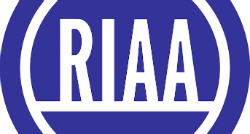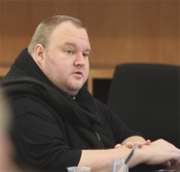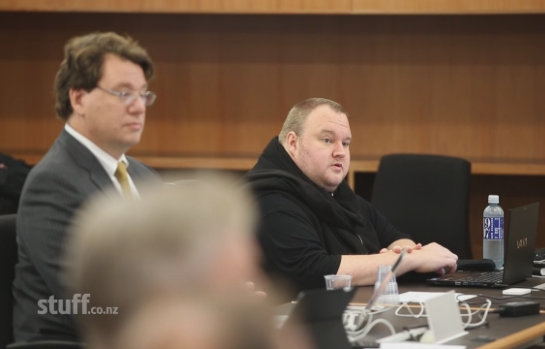Norway’s Pirate Bay Block Rendered Useless by ‘Mistake’
vendredi 25 septembre 2015 à 15:41 Earlier this month Norway became the latest country to block access to The Pirate Bay.
Earlier this month Norway became the latest country to block access to The Pirate Bay.
A local court ordered Internet providers to block user access to several large ‘pirate’ websites in the hope of decreasing online copyright infringement.
The decision sparked a public debate and spurred the local Pirate Party to launch their own DNS-service to circumvent the blockade. However, it appears that this countermeasure isn’t needed after all.
Now that the Internet providers have implemented the blockade, it has become apparent that not all Pirate Bay domains are covered by the court order. Apparently, thepiratebay.mn is still available to everyone.
This is quite an oversight because the .mn domain has been in use for several months already. It’s one of the four gTLDs the Pirate Bay is currently rotating as a redirect from the main thepiratebay.se domain.
Willy Johansen of the local “Rights Alliance” group, which was the driving force behind the blockade, acknowledges the problem.
“We are aware of the problem and do not like it at all. We can get the domain blocked by going to the police, but The Pirate Bay loves to play into this by replacing the domain name in a heartbeat,” Johansen tells Dagebladet.
Local media is presenting the story as if The Pirate Bay switched to a new domain, but that clearly isn’t the case. This makes the mistake even more painful, especially because copyright holders spent tens of thousands of dollars on the legal proceedings.
Meanwhile, Johansen says that it is difficult to keep up with The Pirate Bay’s domain switcheroos and hopes Norwegians will use their moral compass to steer clear of the site.
“It will always be possible for people to commit abuses if they want to, and there’s not much we can do about it. That’s also the case for society in general. We just have to hope people follow the law,” he says.
For now, visiting the Pirate Bay is by no means illegal, although sharing copyrighted works is. But that’s no different than before the blockade of course.
Source: TorrentFreak, for the latest info on copyright, file-sharing, torrent sites and ANONYMOUS VPN services.
 Following intense pressure from both local and international rightsholders, just over two years ago Russia took important steps towards cracking down on Internet piracy.
Following intense pressure from both local and international rightsholders, just over two years ago Russia took important steps towards cracking down on Internet piracy. Last year BMG Rights Management and Round Hill Music
Last year BMG Rights Management and Round Hill Music  It’s no secret that the major record labels and their Hollywood counterparts are less than satisfied with the framework designed to facilitate the removal of infringing content on the Internet.
It’s no secret that the major record labels and their Hollywood counterparts are less than satisfied with the framework designed to facilitate the removal of infringing content on the Internet. Following efforts to have his extradition hearing delayed, on Tuesday Kim Dotcom
Following efforts to have his extradition hearing delayed, on Tuesday Kim Dotcom 